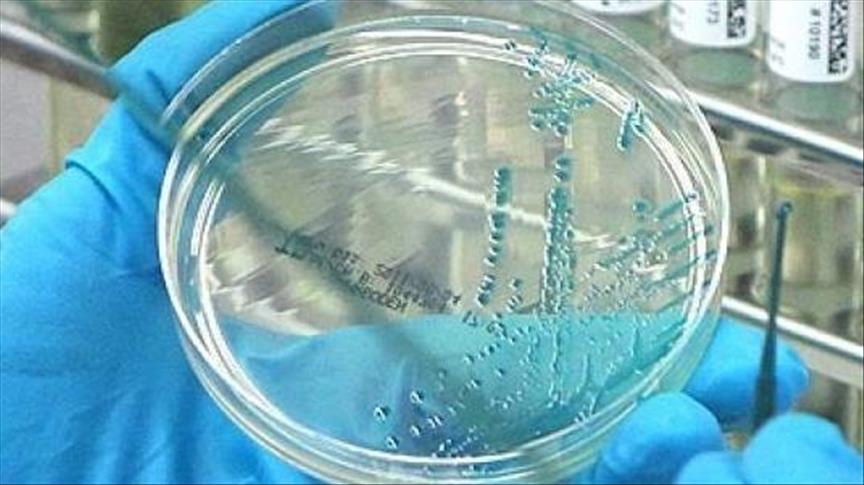South Africa makes progress in fight against HIV/AIDS
In South Africa, over 6 million people are HIV positive

Gauteng
JOHANNESBURG
The South African government said Tuesday it had made tremendous progress in providing antiretroviral treatment to millions of HIV-infected patients, as well as educating communities to minimize new infections.
"We have invested massively in life saving antiretroviral drugs (ARVS), making our HIV treatment program the biggest in the world," Deputy President Cyril Ramaphosa said in a ceremony marking World AIDS Day, held in the southeastern province of KwaZulu-Natal.
In South Africa, over 6 million people are currently HIV positive and 3 million receive treatment.
According to UNAIDS statistics, 41.1 million people were living with HIV globally by the end of December 2014. Some 1.2 million people died of AIDS-related illnesses for the whole year of 2014. More than 15 million people worldwide have access to treatment.
Ramaphosa said that, as a result of the massive treatment program, infected South Africans were living much longer with very few people dying of AIDS- or tuberculosis- (TB) related illnesses.
"Life expectancy has increased from 53 years in 2006 to just over 62 years in 2013," he said.
The deputy president also said his country has significantly reduced mother-to-child transmission of HIV.
He noted that new HIV infections were still extremely high, particularly among young women and girls.
"We are told that more than 2,300 girls and young women between the ages of 15 and 24 become infected with HIV each week," he added.
The South African leader said a campaign to reduce the high infection rate among young women and girls would be launched.
"We need to spread the word about prevention, encouraging all sexually-active South Africans to use condoms," Ramaphosa said.
He also encouraged his countrymen to test for HIV and TB so that those who are infected can get treatment.
Meanwhile, Michel Sidibe, executive director of the United Nations Programme on HIV/AIDS (UNAIDS) said ending the AIDS epidemic required that key populations have full access to health services delivered to them with dignity and respect.
"Ending the AIDS epidemic means that adolescent girls and young women have access to education and appropriate HIV and sexual and reproductive health services," he said in his World AIDS Day message posted on the UNAIDS website.
He also said the world has committed to end the AIDS epidemic by 2030.
"Already we have reached 15.8 million people with life-saving treatment. And increasingly we are able to refine our efforts and be more precise in our ability to reach people who might otherwise be left behind," he added.
Anadolu Agency website contains only a portion of the news stories offered to subscribers in the AA News Broadcasting System (HAS), and in summarized form. Please contact us for subscription options.



